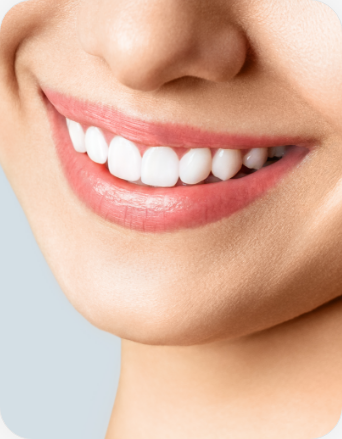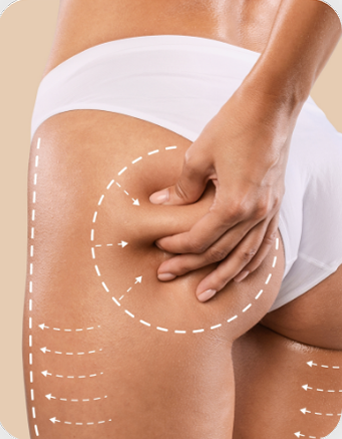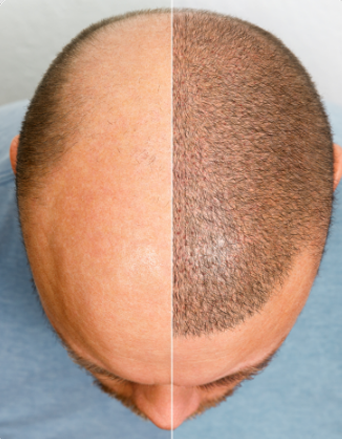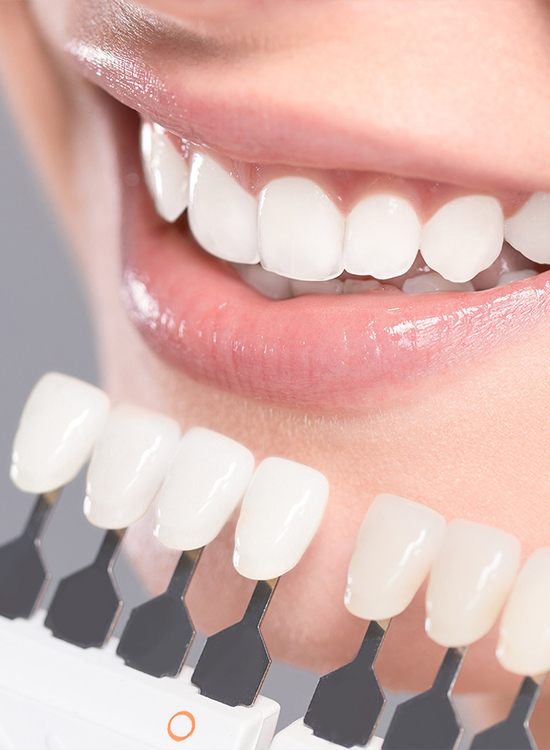Safeguarding Your Teeth from Decay: 5 Tips for Prevention
Maintaining healthy teeth and preventing tooth decay and gums depends on good oral hygiene. Brushing twice a day and getting regular dental check-ups are healthy habits. But oral health is more than just cavities and gum disease.
Cavities or gum issues can result in tooth loss if left untreated because they can hurt and affect one’s self-esteem. These issues can lead to malnutrition, speech difficulties, and other difficulties at work, school, or in one’s personal life.
Carbohydrates (sugar and starch) in foods such as bread, cereals, milk, soda, fruit, cakes, or candies can cause tooth decay. These foods are digested and converted to acids by bacteria in the mouth.
Plaque is formed when bacteria, acid, food residues, and saliva combine to form a film on the teeth. Plaque acids dissolve the enamel surface of the teeth, causing cavities.
People can avoid these issues by practicing good dental hygiene at home and in the dentist’s office. Here are some suggestions for protecting your teeth from cavities and decay and maintaining healthy teeth and gums.
Brush your teeth several times per day
Most people are aware that brushing their teeth twice a day is one of the most important practices for removing plaque and bacteria and keeping teeth clean. Brushing, on the other hand, must be done correctly.
Brush your teeth in small circular motions, brushing the front, back, and top of each tooth. This procedure takes between 2 and 3 minutes. It would be best if you also avoided back-and-forth movements.
Brushing too vigorously or with a hard-bristled toothbrush can cause enamel and gum damage. Tooth sensitivity, permanent damage to the protective enamel on the teeth, and gum erosion are all possibilities.
Make sure you brush the entire mouth, not just the teeth because germs can affect the gums and other tooth components as well.
Floss and rinse with mouthwash against tooth decay
While brushing your teeth is necessary for cleansing, it does not completely remove any food particles that have become caught between the teeth. To ensure you get rid of them and stop plaque formation, floss daily and rinse your mouthwash.
Dental floss can remove plaque and bacteria that toothbrushes cannot reach. It can also help to prevent bad breath by removing debris and food that has become lodged between the teeth.
While it’s not strictly necessary to floss and rinse your mouth with mouthwash after every meal, doing so even once a day can significantly help protect your teeth in areas that cannot be reached by brushing, such as between teeth and at the very back of the mouth.
You can keep your teeth clean and well-protected in this way. It also prevents the formation of bad odor in the mouth and provides fresh breath.
Regular dental visits are recommended
You can maintain good oral hygiene, protect your teeth, and remove hardened plaque that has become too difficult to remove by brushing if you visit the dentist regularly for dental cleanings and examinations.
It is advised to schedule routine dental visits to manage your teeth effectively. Even while practicing good oral hygiene greatly reduces the possibility of enamel erosion, plaque can still form on the surface of the teeth.
Increase your water consumption
Too many snacks and beverages can harm our teeth. Drinking popular beverages, coffee, and wine can harm your smile by gradually removing your teeth’ enamel.
If you enjoy drinking sugary beverages, your teeth are in danger. Increase your water consumption throughout the day to protect your teeth. If you must have sweet beverages, try to save them for mealtimes.
You should definitely increase your water consumption to help the sugar leave your system.
Eat less sugary food and beverages
A poor diet, which consists primarily of foods high in sugar and other harmful carbohydrates, is to blame for many cases of tooth decay. To safeguard your teeth, limit your intake of sugary foods and beverages, coffee, and tomato-based foods.
For many people, giving up coffee or other foods and beverages that can harm tooth enamel is impossible; therefore, extra dental care can help protect your teeth after intake.
Do not hesitate to contact Esvita Clinic if you have any inquiries about your oral health. We are pleased to assist you in maintaining healthy teeth and gums.







 EN
EN IT
IT FR
FR ES
ES DE
DE